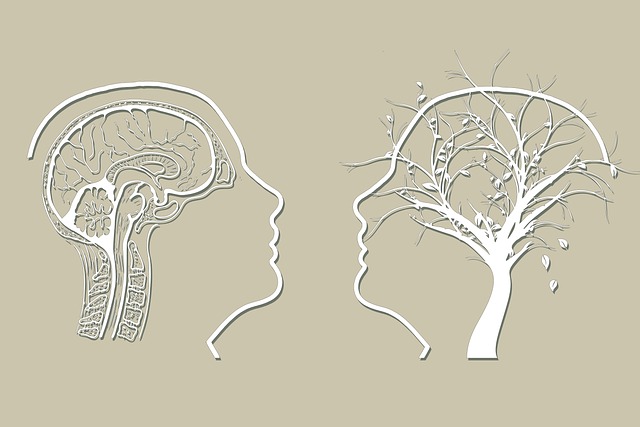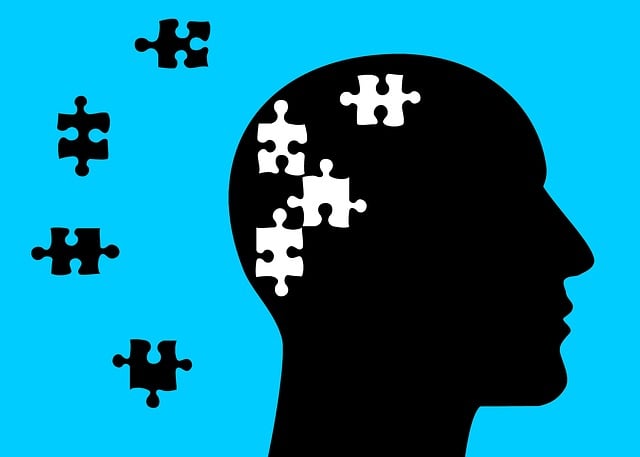Mental health stigma significantly hinders individuals' well-being and recovery, especially in seeking Greenwood Village codependency therapy. To combat this, Greenwood Village Codependency Therapy leads initiatives in community education, open conversations, and specialized programs to break down barriers. Through workshops, seminars, and a robust Community Outreach Program, they reduce stigma, foster empathy, and empower healthcare providers with effective burnout prevention strategies. By integrating risk assessments, conflict resolution, and awareness campaigns, Greenwood Village Codependency Therapy promotes early intervention, improved access to care, and better outcomes for mental health support in the community.
Mental illness stigma significantly impacts individuals’ willingness to seek help, often exacerbating their struggles. This article delves into comprehensive strategies aimed at reducing this barrier, including unique approaches like Greenwood Village Codependency Therapy, which focuses on community engagement and empathy-building. We explore educational initiatives that foster support networks and discuss ways to shift public perception. By understanding the impact of stigma and employing these strategies, we can create a more inclusive environment for mental health treatment and recovery.
- Understanding the Impact of Stigma on Mental Health Individuals
- Greenwood Village Codependency Therapy: A Unique Approach to Countering Stigma
- Educational Initiatives for Community Involvement and Support
- Strategies for Promoting Empathy and Changing Public Perception
Understanding the Impact of Stigma on Mental Health Individuals

Stigma surrounding mental illness can have profound effects on individuals’ well-being and recovery journey. When faced with societal prejudice and discrimination, people struggling with depression or other mental health conditions often feel isolated and ashamed. This internalized shame can exacerbate symptoms, making it harder for them to seek help and support. For instance, a resident of Greenwood Village seeking codependency therapy might initially hesitate due to the fear of judgment from peers or even healthcare professionals.
Reducing the stigma associated with mental illness is crucial in creating an environment where those in need feel empowered to take charge of their mental wellness. Educating communities about mental health fosters empathy and understanding, encouraging early intervention and better support systems. By promoting open conversations and sharing personal experiences, we can challenge societal misconceptions, ultimately leading to more effective depression prevention strategies and improved access to quality care, such as that offered in Greenwood Village codependency therapy programs.
Greenwood Village Codependency Therapy: A Unique Approach to Countering Stigma

Greenwood Village Codependency Therapy offers a unique and innovative approach to reducing the stigma surrounding mental illness, particularly focusing on codependency issues. This specialized therapy program recognizes that many individuals struggle with unhealthy relationships and patterns due to underlying mental health concerns, often leading to a cycle of dependency and stigma. By addressing these complex dynamics, Greenwood Village provides a supportive environment for clients to heal and develop healthier coping mechanisms.
The therapy’s core strategy involves comprehensive risk assessments tailored for mental health professionals, enabling them to identify potential codependency issues in their practice. Through the integration of conflict resolution techniques, therapists guide clients towards understanding and managing these relationships more effectively. This holistic approach not only enhances mental wellness but also empowers individuals to challenge societal perceptions associated with mental illness, fostering a culture of empathy and support within communities.
Educational Initiatives for Community Involvement and Support

In the fight against mental illness stigma, educational initiatives play a pivotal role in fostering community involvement and support. Greenwood Village Codependency Therapy has been at the forefront of these efforts, implementing innovative programs that aim to educate and dispel myths surrounding mental health issues. These initiatives often take the form of workshops, seminars, and community conversations designed to promote emotional well-being promotion techniques and burnout prevention strategies for healthcare providers. By engaging with local communities, these programs help break down barriers and encourage open dialogues about mental illness, ultimately reducing stigma and fostering a more inclusive environment.
Furthermore, successful educational initiatives require a robust Community Outreach Program Implementation. This involves targeting various demographics within the community, including schools, workplaces, and religious groups. Through tailored messaging and engaging activities, these outreach programs can help individuals understand the signs and symptoms of mental illness and provide resources for those seeking support. By integrating Burnout Prevention Strategies for Healthcare Providers into these educational efforts, communities can ensure that those offering assistance are equipped to handle sensitive situations effectively, further reinforcing a culture of care and understanding.
Strategies for Promoting Empathy and Changing Public Perception

Stigma reduction is a multifaceted approach that requires concerted efforts from various sectors to foster empathy and change public perception about mental illness. One effective strategy involves education and awareness campaigns, where communities organize workshops, seminars, and interactive sessions to break down misconceptions. These platforms can provide valuable insights into different mental health conditions, demystifying symptoms and treatment options, as offered by Greenwood Village Codependency Therapy. By humanizing experiences and sharing personal stories, individuals with lived experiences can challenge stereotypes and foster understanding.
Additionally, healthcare providers play a pivotal role in combating stigma through Crisis Intervention Guidance and Healthcare Provider Cultural Competency Training. Equipping professionals with the skills to manage crises and navigate diverse cultural contexts ensures sensitive and supportive care. Implementing Risk Management Planning for Mental Health Professionals also contributes to a safe and inclusive environment, allowing individuals to seek help without fear of judgment or repercussions. These collaborative initiatives collectively work towards creating a more empathetic society where mental health is viewed as an integral aspect of overall well-being.
Mental illness stigma reduction is a multifaceted effort that requires understanding, education, and innovative approaches like Greenwood Village Codependency Therapy. By promoting empathy and changing public perception through community involvement and support, we can create a more inclusive society that prioritizes mental health and well-being for all. Initiatives such as these not only offer valuable resources but also contribute to breaking down barriers, ensuring individuals affected by mental health issues receive the care and compassion they deserve.










